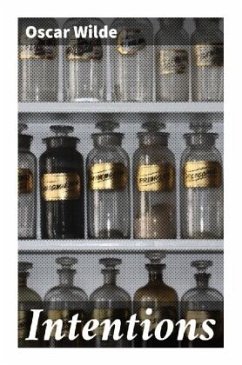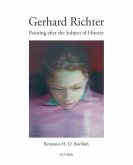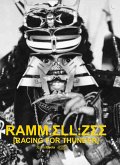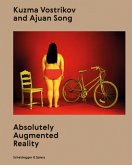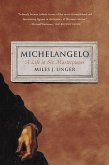Oscar Wilde's "Intentions" serves as a pivotal exploration of aesthetics, morality, and the purpose of art in society. Composed of a series of essays, this collection reflects Wilde's eloquent wit and his belief in the significance of artistic expression over conventional morality. The literature is characterized by Wilde's striking paradoxes and aphorisms, steeped in the context of the late 19th century's aesthetic movement, which challenged the era's rigid social norms and advocated for art as a source of beauty rather than a vehicle for moral instruction. Through profound insights, Wilde interrogates the tensions between art and ethics, ultimately positing that art should exist for its own sake. Oscar Wilde, an influential figure in Victorian literature, was born into a culture that deeply valued moral duty. His experiences as a dandy and his groundbreaking work in the theater and poetry fueled his convictions about the role of art in society. Wilde's own encounters with societal restrictions and personal trials, including his famed trials for homosexuality, inform the passionate defense of artistic freedom presented in "Intentions." Readers are invited to immerse themselves in this thought-provoking work that challenges conventional views on art and morality. Wilde's incisive commentary not only offers an intellectual feast for literary enthusiasts but also resonates with contemporary discussions about the societal role of art. "Intentions" stands as a manifesto advocating for the liberation of artistic expression, making it a must-read for those who seek to understand the complex dynamics between culture and creativity.
Bitte wählen Sie Ihr Anliegen aus.
Rechnungen
Retourenschein anfordern
Bestellstatus
Storno

